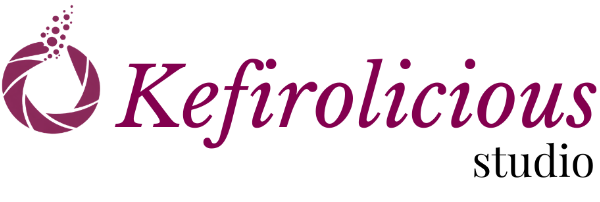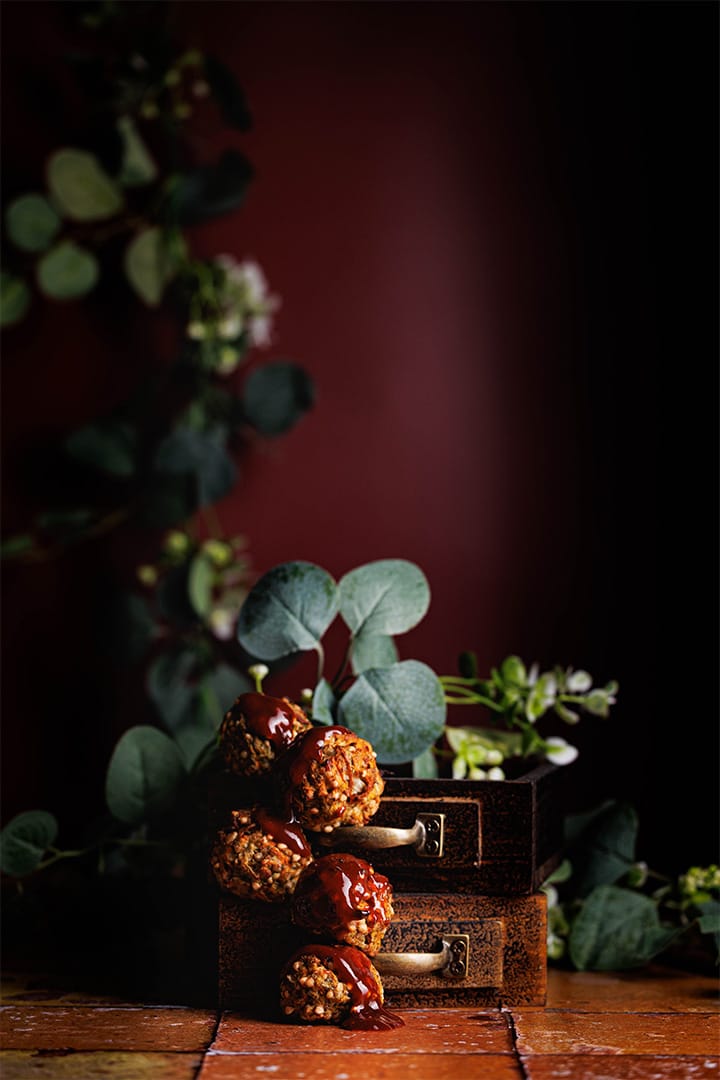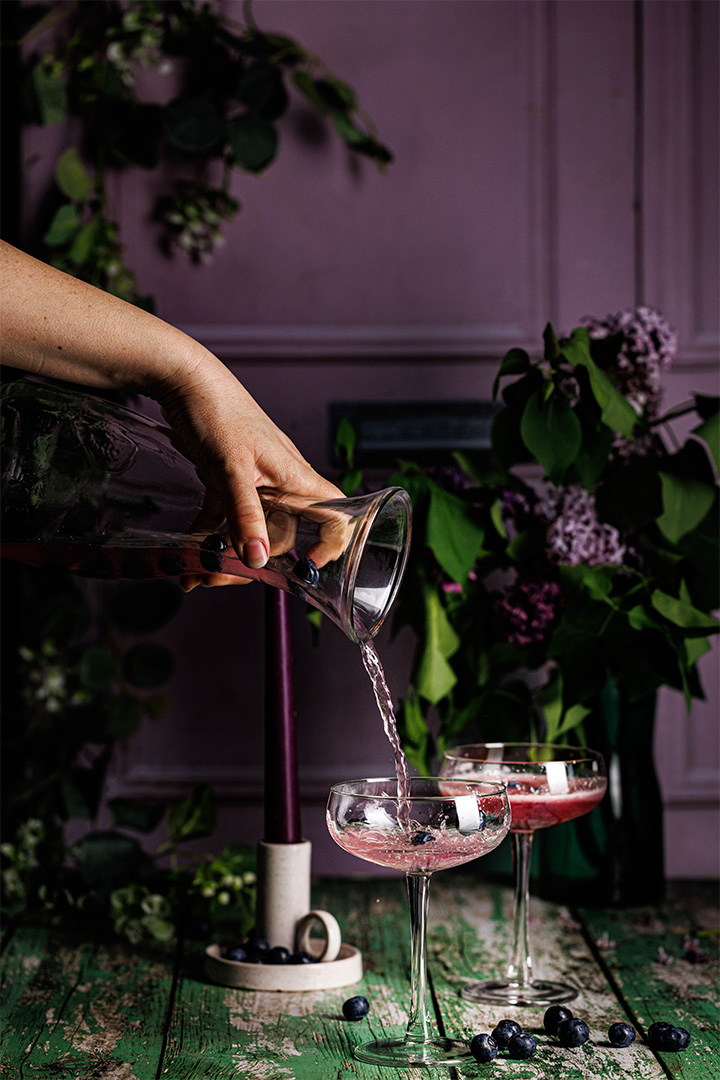
Bacteria often get a bad rap but not all of it is warranted. In fact, there are lots of bacteria that are very important for all living things on earth! Bacteria have adapted to living in all parts of the earth and in every climate, from the hottest, to the coldest, no matter how harsh the conditions, so they have no problem living inside us.
Our bodies have over 40 trillion bacteria, and most are in our intestines; around 700 different types of bacteria live in our gut alone. They are known as gut microbiota and they are very important for our health. But how do they help?
With a little help from my good bacteria
Our bodies are full of helpful good bacteria and probiotics (live bacteria and yeasts) which help keep our gut healthy. Probiotics are also called functional foods – meaning that they give us more goodness than normal vitamins and minerals.
The best known probiotic bacteria are lactic acid bacteria (Lactobacillus) and bifidobacteria. Lactic acid bacteria have long been used in the food industry because of their use in food fermentation processes (and also in making kefir).
When we are sick, the good probiotic bacteria that normally live in our gut may get damaged or killed off in the fight to help us get better. Eating foods with a lot of probiotics helps our bodies get its full protection back. The word ‘probiotic’ means ‘for life’.
Scientists have found that probiotics can:
- destroy bad bacteria
- break down harmful toxins from bacteria
- slow down cells that are growing out of control
- make vitamins like vitamin B12 and vitamin K
- stimulate our immune system
- help us digest our food , and
- help protect us from getting allergies.
Also, bacteria in our gut help us to absorb nutrients from the food we eat and make waste with the leftovers that aren’t of any use to us.
We can tell bacteria are working in our gut because we can sometimes smell the gas they produce. The gas that builds up in our intestines is the waste product from the bacteria as they work to digest our food. When there is too much gas for our intestines, it escapes from our body as flatus – which is also called a fart! 🙂 If we eat certain types of foods, like beans, the bacteria make a lot of gas. The gas can get really smelly if we eat a lot of processed foods or if we don’t chew our food really well before we swallow it.
How to improve our gut bacteria?
So, how can we get some good bacteria? Well, the easiest way is to eat some! There are hundreds of species of bacteria in our intestines and each species plays a different role in our health and requires different nutrients for growth. Having a varied microbiota is considered to be a healthy one. This is because the more species of bacteria we have, the greater number of health benefits they may provide. A diet consisting of different food types can lead to a diverse microbiota.
Fermented foods, such as homemade kefir, can benefit the microbiota by enhancing its function and reducing the abundance of disease-causing bacteria in the intestines.
It is important to eat prebiotic rich foods. Prebiotics are mainly fiber or complex carbs that can’t be digested by human cells but probiotics break them down and use them for fuel.
Tasty and good for our guts
Healthy meals don’t have to be boring and tasteless.
I decided not to let my celiac disease deprive me of my delicious bites so I started to make my own kefir and kefirolicious meals:)

This is my favorite fake “cereal bowl”. All you need is:
- 1 banana
- handful of blueberries
- 1/2 an apple
…topped with 200 ml of homemade kefir, a tablespoon of hazelnut spread, a tablespoon of almond spread and 1/2 a teaspoon of cinnamon.
Sprinkle all with chopped walnuts, almonds and gluten free dark chocolate.
Delicious, sweet, crunchy and tart!
Enjoy!
Sources:


